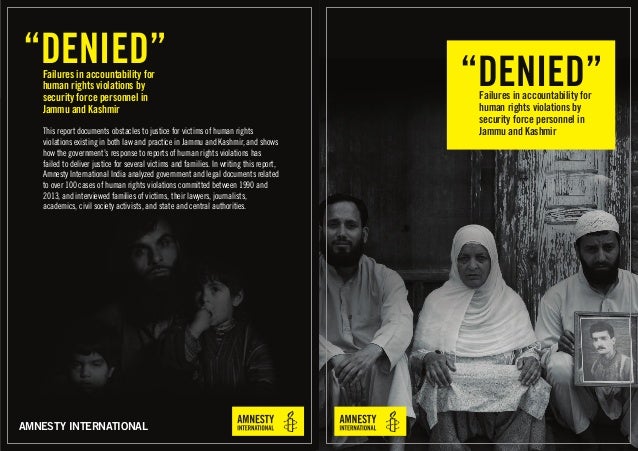Reference




OpenAI's Answer
Amnesty laws have a significant impact on accountability for human rights violations. They are often perceived as double-edged swords in the context of transitional justice and international law.
-
Encouragement of Truth-Telling and Reconciliation: On one hand, amnesty laws may encourage truth-telling and reconciliation by allowing perpetrators to come forward without fear of prosecution. This is often combined with non-judicial enforcement mechanisms such as truth commissions, which aim to uncover the truth behind human rights violations and promote healing within society. However, many human rights campaigners argue that these mechanisms are insufficient forms of punishment and do not fully achieve accountability for serious violations source.
-
Incompatibility with Human Rights Norms: Amnesty laws are increasingly seen as incompatible with the evolving framework of international human rights accountability. The post-World War II era, marked by the Nuremberg and Tokyo Trials, and the establishment of the International Criminal Court (ICC), underscores a global shift towards accountability for human rights violations, moving away from granting amnesty. International conventions adopted in the latter half of the 20th century emphasize accountability over amnesty source.
-
Legal Obligations for Accountability: Accountability for gross human rights violations is a legal obligation under international human rights law. State parties are bound to provide accountability, and neither political will nor state reasons should be used to contravene this requirement source.
-
Judicial Challenges: Amnesty laws face challenges in international courts. The Inter-American Court of Human Rights, for example, has ruled in cases like Barrios Altos v. Peru that granting amnesty to perpetrators of serious human rights violations contravenes individuals' rights to a fair hearing and is therefore incompatible with international standards.
In summary, while amnesty laws can facilitate short-term peace and reconciliation, they can undermine long-term accountability and justice for victims of human rights violations. As such, the global trend is increasingly toward ensuring accountability as a necessary component of transitional justice.